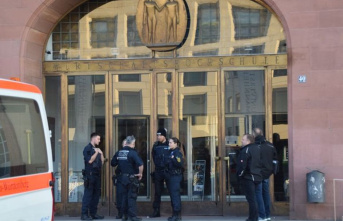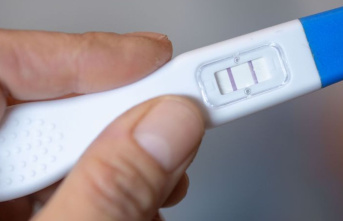A malfunctioning thermoregulatory system
Kelton Minor, the University of Copenhagen's main author, collected data from accelerometers that were worn by over 47,000 adults in 68 different countries. Researchers were able to record sleep quality, duration and rhythm for 7 million nights. They then compared them with ambient temperature. Kelton Minor notes that the findings are not surprising: "During extremely hot nights (above 30degC), participants slept approximately 14 minutes less than normal."
It is not surprising that our bodies must lose between 0.5 to 1 degree Celsius in order to get sleep. The thermoregulation mechanism that activates the blood vessels to heat up takes longer to work. It takes longer to work if it's hotter.
Each year, more than 50 hours of sleep is lost
According to researchers, heat waves can "prevent people falling asleep and then wake up earlier than expected". They predict that by 2099 nighttime temperatures will rob everyone of between 50 to 58 hours of sleep per year. The elderly and women will be most affected. This is a worrying prospect for anyone who has tried to sleep in the heatwave's days.
Why does my leg swell when it is hot?
Source: Destination health












